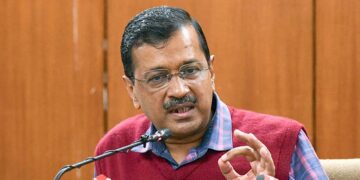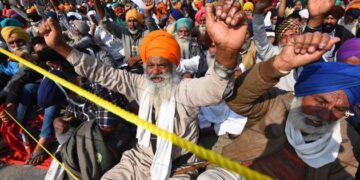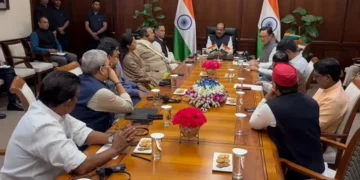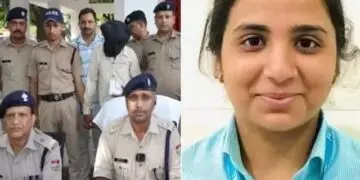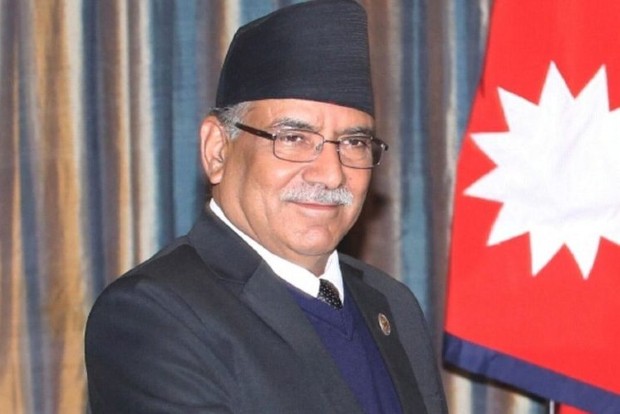
Following his break from the Nepali Congress and his newfound affiliation with the Communist Party of Nepal (Unified Marxist-Leninist) party, Maoist leader Pushpa Kamal Dahal “Pachanga” of Nepal is expected to ask Parliament for a vote of confidence on Wednesday.
In a letter to the Parliament Secretariat on Sunday, Prachanda, a former guerrilla commander associated with the Communist Party of Nepal (Maoist Centre), the third-largest party in the House of Representatives (HoR), announced his break with the Nepali Congress.
After losing the backing of his former ally, the Nepali Congress, the biggest party in the House of Representatives, Prachanda must now demonstrate his majority.
Now, Prachanda has formed a new partnership with the Communist Party of Nepal (Unified Marxist-Leninist) (CPN-UML), which is headed by K P Oli, a former prime minister and major opponent of the Maoist leader.
To receive the vote of confidence, the new administration has to receive at least 138 votes from the 275 members of the House of Representatives. Prachanda, 69, will be receiving his third vote of confidence on Wednesday since taking office in December 2022.
At the moment, 150 members of Parliament’s lower chamber support the Prachanda-led coalition government.
With 76 members, CPN-UML, the second-largest party in the House of Representatives, is led by former PM KP Sharma Oli. CPN-Maoist Center, the third-largest party, has 32 seats. Comparably, the CPN-Unified Socialist has ten seats, the Janata Samajwadi Party has twelve, and the Rastriya Swatantra Party has twenty.

One member of the CPN-UML’s 78 members of the lower house has passed away, while another has been suspended.
All of the CPN-Maoist Center’s members of the House of Representatives have been tasked with attending the lower house on March 13th.
In less than a year and a half, Prime Minister Prachanda is asking the House for a vote of confidence three times.
On December 25, 2022, Prachanda was elected to a third term as prime minister with the backing of the Nepali Congress.
After a dispute over supporting the main opposition party’s presidential candidate, the Oli-led CPN-UML withdrew its support to the Prachanda-led administration last year, putting Prachanda to the test.
Prachanda and Oli combined their parties to win a resounding majority in the 2017 election. Oli was appointed prime minister, but their collaboration broke down in the middle due to disagreements.
Members of the Nepali Congress party have being urged to vote against the Prachanda administration.
In the meanwhile, the ruling alliance’s five political parties committed to backing the Prachanda-led administration on Tuesday by signing a seven-point pact.
A gathering of the involved parties that happened at
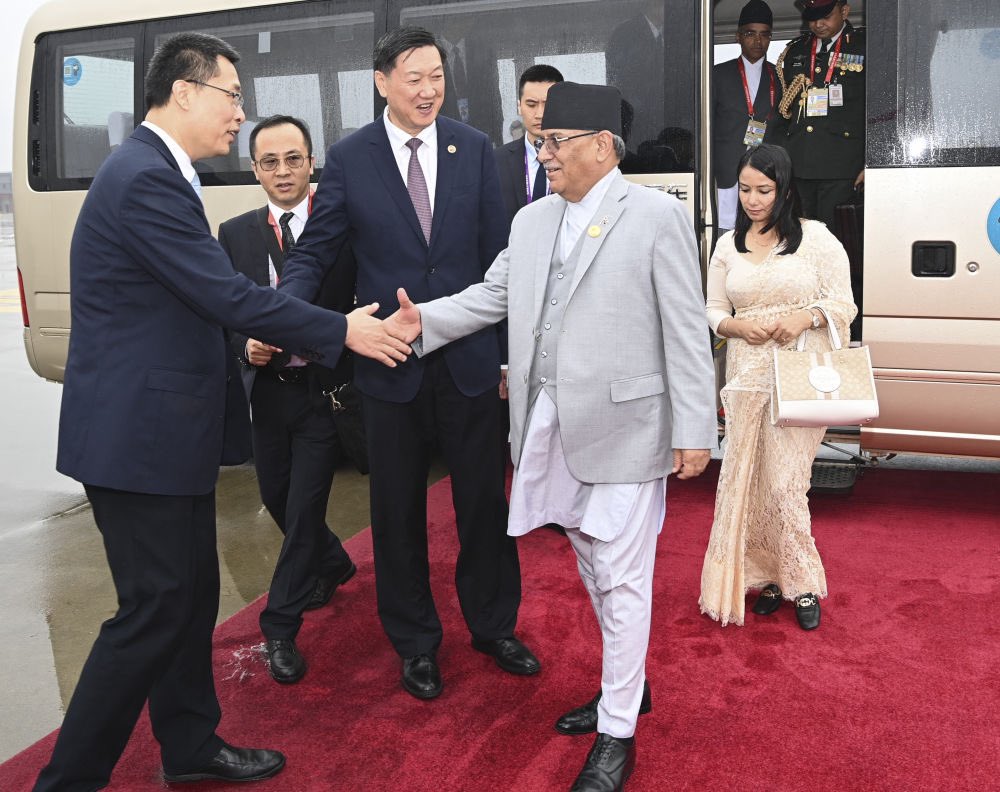
The senior leadership of the five parties convened the conference, whereby it was decided to expeditiously resolve the issues of transitional justice, the outstanding tasks of the peace process, and issues pertaining to the consensus-based building of durable peace.
They also decided to develop government policies and programs that might advance national interests and strengthen democracy, as well as to draft a minimum program that all political parties could agree upon.
Political parties have agreed to advance toward political stability for socioeconomic growth focused on socialism while simultaneously bolstering national independence, sovereignty, and territorial integrity.
The five parties decided to proceed in order to satisfy the public’s desires for social fairness, growth, and good governance.
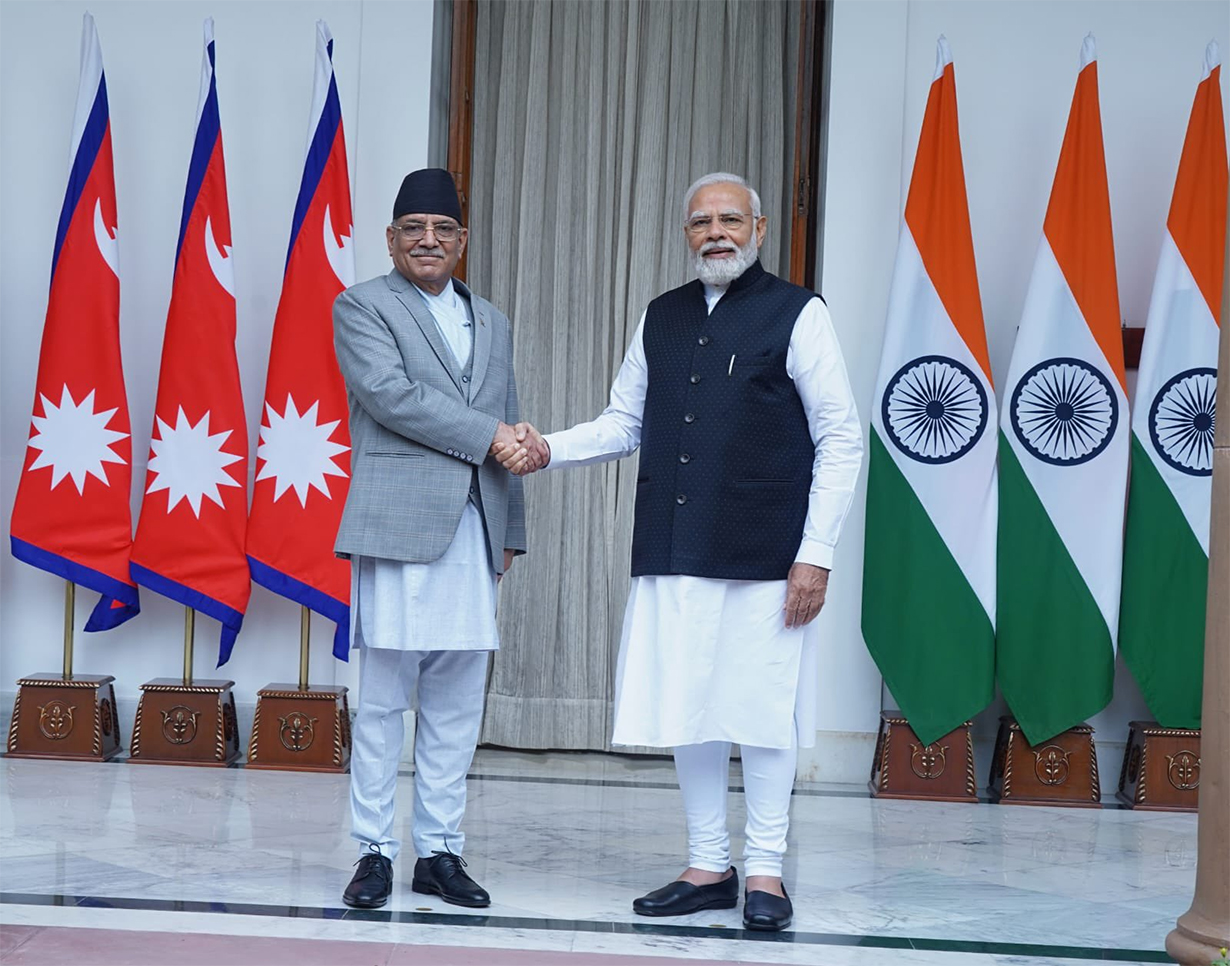
In the meantime, Narayan Prasad Dahal, the recently elected National Assembly Chairman, was sworn in by President Ramchandra Paudel on Tuesday.
Dahal, a frequent choice for the ruling coalition, received 39 votes out of the 59 members of the House to become the next head of the upper chamber.
On the advice of the previous Sher Bahadur Deuba government, President Bidya Devi Bhandari nominated Dahal, the younger brother of Prime Minister Prachanda, to the National Assembly in 2022. But he has a lengthy political background.
There are 59 members of the Parliament’s upper chamber, however as of right now, there are only 58.
On Wednesday, days after the Maoist leader left the Nepali Congress and formed a new coalition with the Communist Party of Nepal (Unified Marxist-Leninist) party, Prime Minister Pushpa Kamal Dahal “Prachanda” of Nepal is expected to ask Parliament for a vote of confidence.

